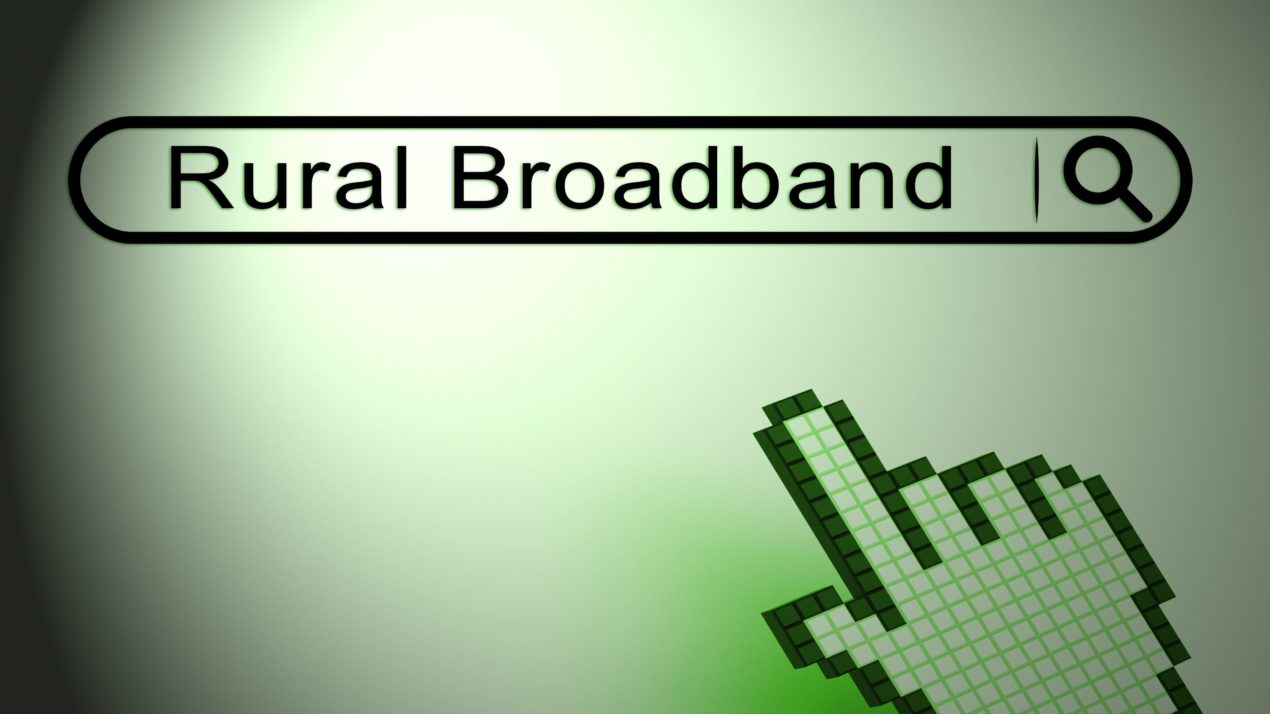
Rep. Rob Summerfield (R-Bloomer) and Sen. Howard Marklein (R-Spring Green) circulated legislation to dial-in the Wisconsin Rural Broadband Expansion Grant program to reach more unserved communities and continue expanding critical broadband infrastructure.
“Broadband expansion continues to be one of my top priorities,” Sen. Marklein said. “We have made tremendous progress in Wisconsin and with this progress comes the need to refine the Rural Broadband Expansion grant program and our efforts to continue expanding into the communities that need our support. The changes in this legislation, written with stakeholders, keep the grant program nimble so that we are reaching the truly unserved in Wisconsin.”
“This legislation is a crucial step towards connecting all Wisconsinites with high-speed internet services,” Rep. Summerfield stated. “We need a bold plan to ensure our state remains competitive in the coming decades, and I think this legislation will be another tool in the tool box to accomplishing that goal.”
The Rural Broadband Expansion Grant Program was created in 2013 to encourage broadband expansion into Wisconsin’s unserved and underserved areas. The program has awarded 268 grants totaling more than $72.5 million in investment.
“Over time, the grant program has evolved to meet Wisconsin’s broadband expansion needs. Since its inception, the grant program has been adjusted to direct funding to the areas of greatest need. This bill makes several adjustments to further refine the Rural Broadband Expansion Grant program to continue focusing our efforts to expand broadband into truly unserved communities. We must evolve as we continue to meet our goals and reach new areas of the state,” Marklein said.
This bill refines the Rural Broadband Expansion Grant Program to ensure it is in line with Wisconsin’s changing technological landscape. Highlights of this bill include:
- Eliminating the “underserved” category to focus on truly unserved communities. It also redefines “unserved” to be broadband delivered at speeds of 100 Mbps down and 20 Mbps up or less, which better matches reality and the actual expectations of consumers who are learning and working from home.
- Giving priority to expansion projects that have at least 50% matching funds and setting a 40% match minimum.
- Giving priority to projects that offer speeds at 900 Mbps or greater.
- Creating measurable accountability by requiring a final report after project completions to ensure advertised speeds are accurate and the project is reaching subscribers.
- Requiring the Public Service Commission (PSC) to provide technical support to local project champions and to facilitate relationships and connections with internet service providers.
- Requiring the PSC to develop and provide educational tools for project champions to design projects and apply for grants.
- Requiring each internet service provider that receives a grant to disclose their coverage availability data to the PSC by April 1st of each year to improve coverage mapping for future grant distribution.

